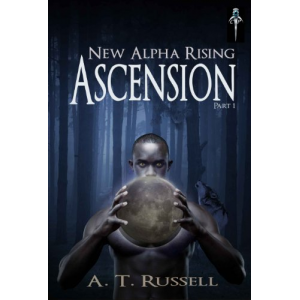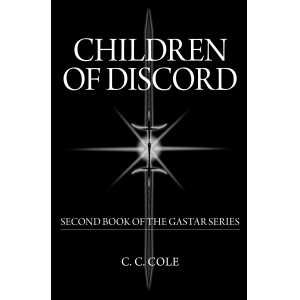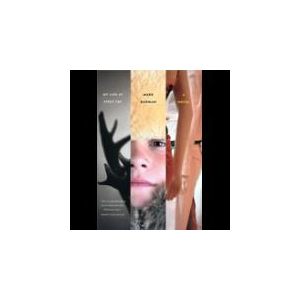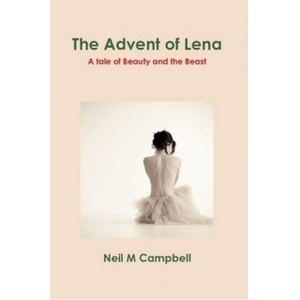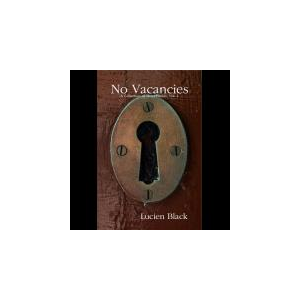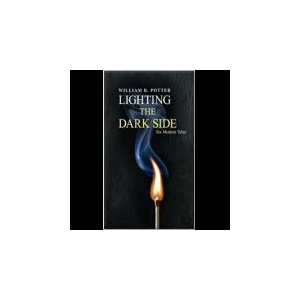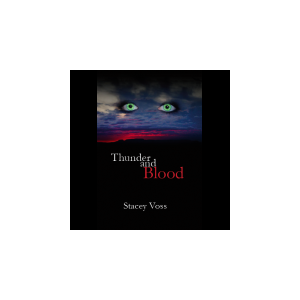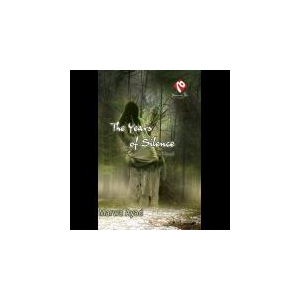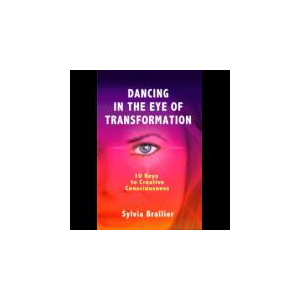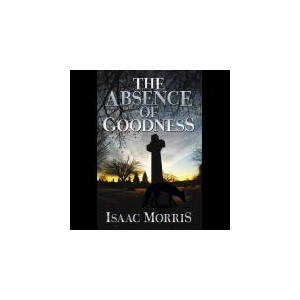The Sword and the Shield of the Realm
THE SWORD AND THE SHIELD OF THE REALM
ISBN 9780979957703, debuts the series MERCHANTS OF TIME, a seven-novel journey into the maelstrom that devastated Eastern Europe between 1448 and 1529.
Before the rise to dominance of Western Europe, there was a pivotaltime in history when the world was consumed by the epic strugglebetween the Islamic Empire of the Ottomans and the Christian Kingdomsof Eastern Europe. Two civilizations and two very different ways of life confronted eachother. Those events shook the world and still reverberate in today’sheadlines, with the fate of mankind yet to be decided.
A tale of mystery and suspenseful adventure, the series takes the reader to an epoch marked by turbulence and mayhem when, in the intricate tapestry of human history, many of the painful truths of our world took root.
The year is 1448.
Transylvania and Wallachia, the sword and the shield of the Kingdom of Hungary, are about to be invaded by an immense army under the banner of Sultan Murad II, the man who calls himself The Shadow of Allah upon the World. Lorian Comosicus, the heir to a legacy represented by a mysterious Draconic ring, and his twelve-year-old brother, Silvan, are sent across the border mountains to the fortress of Roter Turm with a secret message from the conspirators who killed Vlad Dracul of Wallachia for pledging allegiance to the Ottoman Empire. After narrowly evading capture by the Sultan’s forces, the boys lose their way in the vast forests of Transylvania where they meet Sir Gregor Dahr Altair, an imperial knight who only just escaped from Roter Turm before it was destroyed by the Ottomans. Gregor is a powerful force within the Excubitors, a secretive fraternity of financiers and merchants who could change the outcome of the war through their influential positions within the Ottoman Empire and the Christian Kingdoms. Learning Lorian’s identity and mission, he leads the brothers ahead of the tempest, rushing to reach the great trading city of Hermannstadt before it is surrounded and destroyed by the Sultan's army.
Why write about the conflict between the Ottomans and the kingdoms of Eastern Europe in the 15th century.
In 15th century, the center of civilization in Europe was in the East not in the West. To be more precise, I am referring to the south-central part of the continent and the Balkans. For those who are a bit confused, it is the region lying between the variously and vaguely defined areas of Western and Eastern Europe, to use the terms of the Cold War and the Iron Curtain.
Now, imagine living in a world consumed by a war that lasted not Thirty Years, not A Hundred Years, but One Hundred and Fifty Years and had no end on sight. Imagine the war is not over the crown of the realm nor about who is taxing whom, but for the very core beliefs upon which today’s civilization was built. That world comes to life in the series Merchants of Time.
The series begins in 1448 and ends in 1529 with the first siege of Vienna by the Ottomans. It starts with the Ottoman campaign to eradicate once and for all the Christendom, a decision taken by Sultan Murad II after the Battle of Varna in 1444, an event referred to quite often in The Sword and the Shield of the Realm. The Battle of Varna triggered a drastic change in the Ottoman’s attitude toward the Christian World. Faced with what Sultan Murad II saw as a despicable betrayal of the peace threat signed with him only months before by the King of Hungary and Poland, a treaty signed at the Christians insistence on the Koran and on the Bible, the sultan decided that at the behest of Allah the Christian kings, usurpers who kept populaces in yoke, must be eradicated and their subjects turned to Islam.
Why the series is called "Merchants of Time."
The story of the epic struggle between the Islamic Empire of the Ottomans and the Christian Kingdoms of Eastern Europe is told from the perspective of a secret fraternity, the Excubitors, a brotherhood of counselors to kings, sultans, and head of churches, knights, scholars, financiers, and merchant adventurers who hold influential positions on both sides of the conflict. Understanding the grave danger in Sultan Murad’s resolve to eradicate Christianity and turn the world to Islam, they decided to intervene for the greater good of all.
The Excubitors are, perhaps, the “missing ancestors” of the Illuminati and Freemasonry of 17 and 18th century. The Excubitors do not command great armies but possess a broader understanding of the world and few “new inventions,” a powerful knowledge in an age when most kings were unable to read and write and books were considered treasures. Following their exploits, we learn that nothing in history happened by accident nor because it was predestined, but because individuals dedicated to the principle that in the interest of all no one should be allowed to absolutely predominate the world, raised against those driven by an uncontrollable desire of power and possession over all others. Thus, we learn that in the intricate tapestry of human history nothing is as it seems …
The Merchants of Time series is an attempt to remind us that the world of today, with all its benefits and tribulations, is but a product of the historical continuum. Through war, trade, and the will to dominate, humans have created it as it is. Everything that defines our time stemmed from the fears raised by the constant state of war between the Islamic Empire of the Ottomans and the Christian Kingdoms of Eastern Europe. The rise of the Ottomans led to the decline of the Roman Empire, and generated the shift in power from the East to the West. History records it, euphemistically, as the Byzantine-Ottoman wars, which lasted for a century and a half. Yet very little has been written in literature about it, especially in the last forty years, and only incidentally. Now, in every threat that looms in the future, we see the fruits of the seeds planted back then, with the potential of the most destructive war in human history threatening our future.
• What is the historical fundamental difference between Islam and Christianity and how it shaped the history of the conflict between their leaders and followers? Will this be the greatest issue of concern for our future?
A word of caution: Those who are tempted to say that history repeats itself, will do well to remember that this is a truism only as long as our motivations remain the same. I will say no more on the subject, for I don’t want to spoil your reading, but here are some teasers, which will take you through The Field of the Blackbirds and the End of the Seventh Age, the next novels of the trilogy which starts the series, and the tetralogy beyond:
• Why Constantinople fell to the Islamic Empire of the Ottomans in 1453? Was it a conspiracy to let the city that since the 4th century rivaled Rome as the spiritual center of Christianity be conquered by Sultan Mehmed II, an event no less momentous than the adaptation of Christianity as official religion of the Roman Empire?
• Why the Realm of Hungary, the most powerful kingdom in the Christendom, fell to the Islamic Empire of the Ottomans after the Battle of Mohacs in 1526? Was it the proverbial “sacrifice lamb” used by secret forces to save the West from falling under Islam?
• Who were the “missing ancestors” of the Illuminati and Freemasonry, the secret societies of 17 and 18th century? Did the Excubitors really existed, and how did they changed the course of history?
• What happened to the riches and the great wealth of artistic and literary treasures in Constantinople, the city described as the largest and the most splendid European city of the Middle Ages? How Templar Knights came to posses the Shroud of Turin?
• Why Pope Clement V suppressed the Templar Order? Was it because the Grand Master had declared his intent to form a Templar State in the East? Could it be that the Order took many of its treasures and relics in the lands where wanted to create its state?
• How the Islamic Empire of the Ottomans, which in 16th century spanned over three continents, controlling much of Southeastern Europe, the Middle East and North Africa, and dominated the shipping lines from Gibraltar to the eastern end of the Black Sea stirred the rise of Spain, Portugal, and in the end England as naval powers and empires?
I can keep on and on, but … many battles were fought, some in the open some in secret, and thus the world of today was shaped. Just remember that a greater insight and knowledge of our history perhaps will bring us that “ray of hope” which still exists even in the darkest hours.
MERCHANTS OF TIME
is divided in two parts.
The trilogy of:
THE SWORD AND THE SHIELD OF THE REALM
ISBN 9780979957703 – Released March 2008
THE FIELD OF THE BLACKBIRDS
ISBN 9780979957710 – Scheduled for release in December 2009
END OF THE SEVENTH AGE
Scheduled for release in December 2010
And the tetralogy of:
CROWN OF THE REALM
THE DARK VOIEVOD
THE GOLDEN AGE
HEART OF STONE
For more information please visit us at: www.sapientus.com
The book is available for order at your local store, as well as Amazon, Barnes & Noble, Borders, Alibris, Books-A-Million, and Baker & Taylor.

